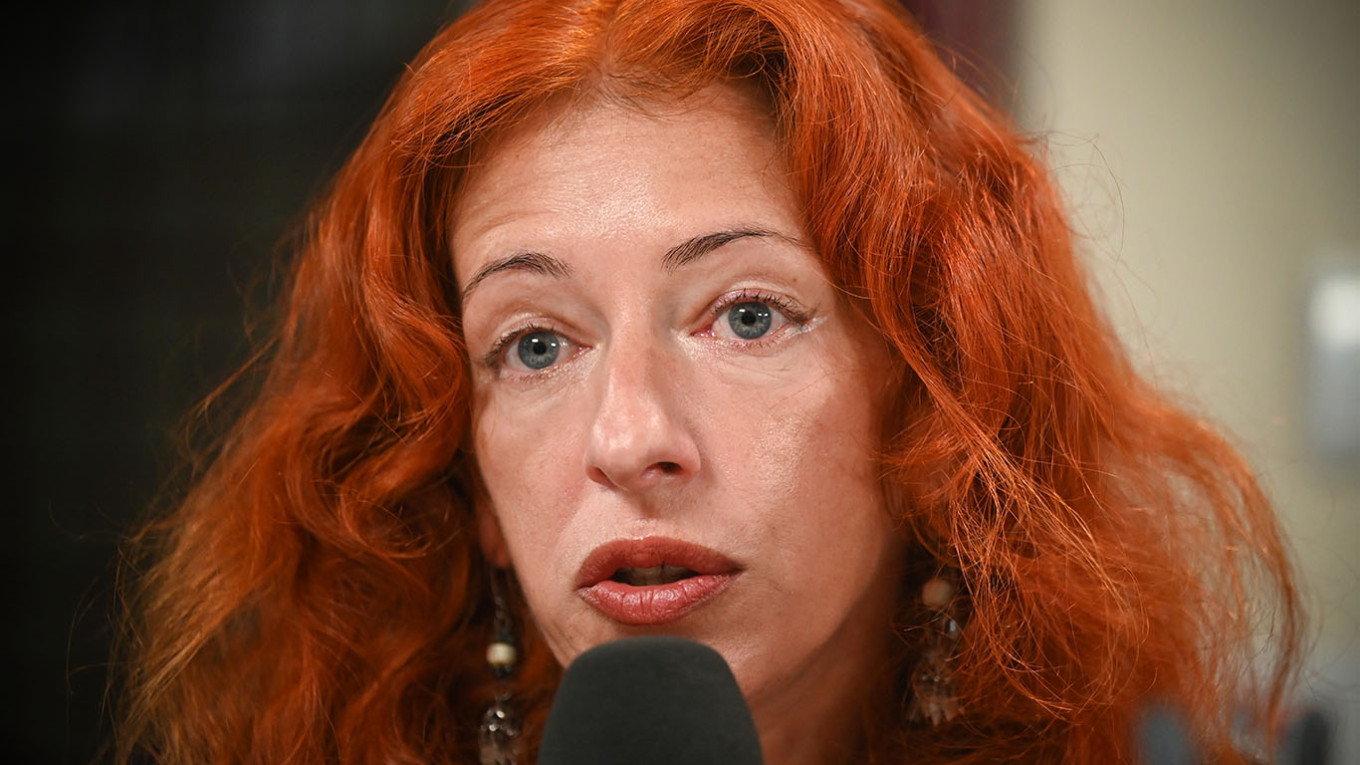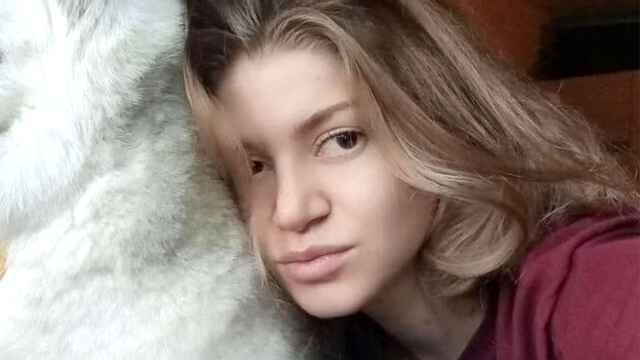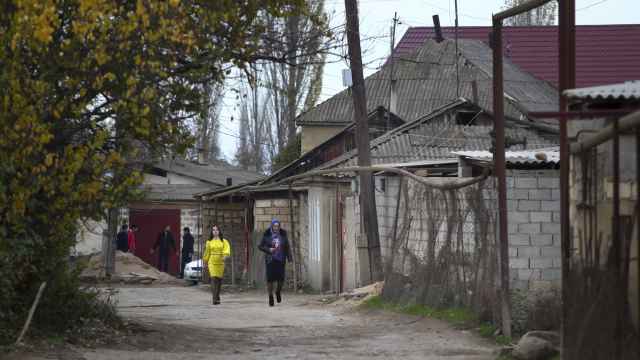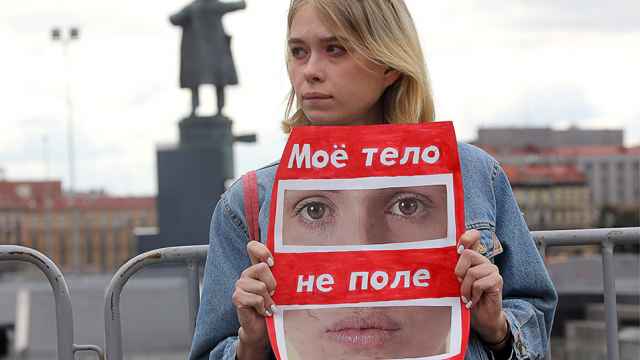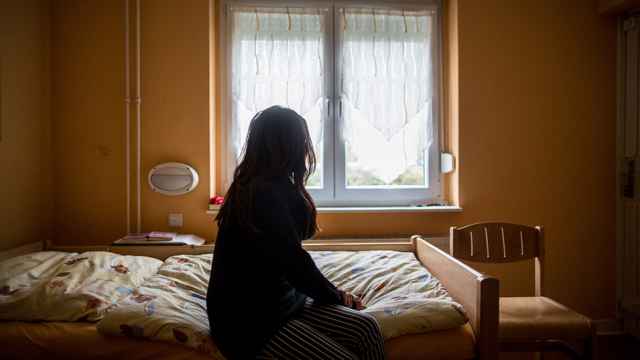Since its invasion of Ukraine in 2022, the Kremlin has intensified its campaign to promote a strict interpretation of “traditional values,” reshaping social norms and asserting greater ideological control across Russia.
Tanya Lokshina is a prominent Russian human rights activist, journalist and researcher. She is known for her work as the associate director for Europe and Central Asia at Human Rights Watch (HRW), where she oversees investigations and advocacy on human rights issues in Russia, Belarus and Ukraine.
She has been a vocal critic of the Russian government's crackdowns on civil society, media freedom and opposition figures. Lokshina’s work has made her a target of harassment and threats, which have intensified over the years as restrictions on NGOs and activists have tightened in Russia.
Throughout her career, Lokshina has documented and spoken out on issues including political repression, torture, forced disappearances and censorship, particularly in areas with challenging security situations like the North Caucasus.
The Moscow Times spoke to Lokshina about current trends in Russia regarding human rights and freedoms and her work in exile.
This interview has been edited for length and clarity.
The Moscow Times: What is the current state of women’s rights in Russia?
Tanya Lokshina: Examining the status of women in Russia today, it's impossible to ignore the Kremlin's highly aggressive campaign to promote so-called traditional values, particularly those tied to the 'traditional family.' Within this narrative, women are primarily portrayed as wives and mothers. While their right to education or a career isn’t outright denied, it’s considered secondary from the Kremlin’s ideological standpoint. Recently, there was even a discussion about reintroducing a 'childfree tax.' This tax, once enforced in the Soviet era, was proposed by a member of the Russian parliament not only for those without children but even for those with only one child, as one child is seen as insufficient. A traditional family, as viewed by the Kremlin, means having two or more children.
The most recent step in the Kremlin’s harmful 'traditional values' crusade is the ban on so-called childfree propaganda, which was adopted by the parliament this month [and passed by Putin on Nov. 23]. What exactly does 'childfree' mean? Defined poorly as a 'rejection of childbearing,' this term remains vague and open-ended. Russian repressive legislation is deliberately structured this way, allowing it to be applied to anything deemed convenient for the authorities. This open interpretation works to the advantage of both the enforcers and those in power.
The childfree legislation essentially mirrors the law against so-called LGBT propaganda, with similar effects: vicious stigmatization and steep fines, especially for legal entities. Much like the LGBT propaganda ban, this law will likely have serious repercussions for cultural and creative fields. Libraries and bookstores will face more book and film seizures, streaming services will be fined, and censorship in various cultural arenas will intensify. Although there is no enforcement practice for this yet, we’re already seeing the effects of the LGBT propaganda law on cultural expression, so we know exactly what to expect.
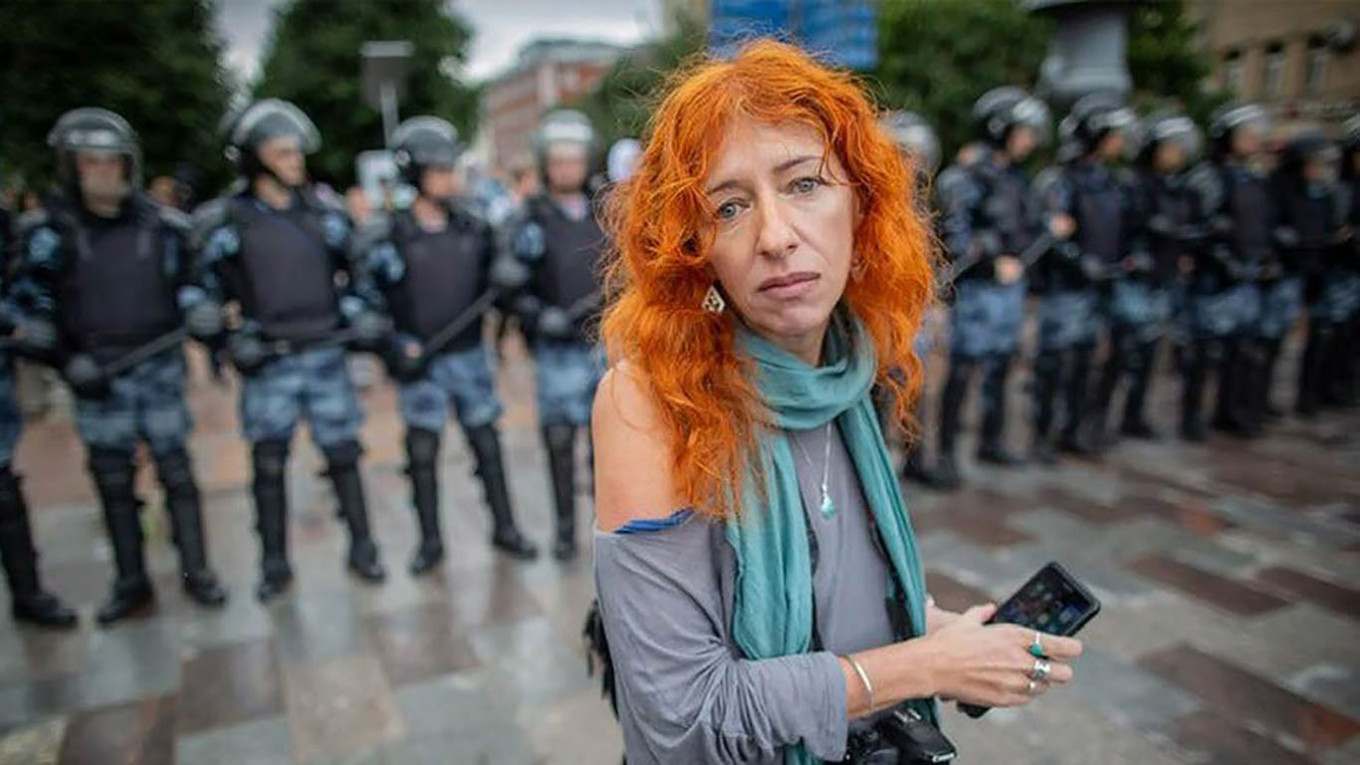
Essentially, the Kremlin is 'cleansing' the cultural landscape of anything that does not align with its vision of 'traditional values,' whether it’s LGBT rights, childfree lifestyles or anything deemed hostile and alien by the Kremlin. The traditional Russian family is defined as one that has many children, with a woman devoted to her role as wife and mother.
This is a targeted stigmatization, an imposition of stereotypes and an attempt to enforce a particular lifestyle. This dichotomy of 'traditional Russian' versus 'foreign and hostile' has been a pet project of the Kremlin for years, particularly since President [Vladimir] Putin returned to the Kremlin in 2012, after Dmitry Medvedev’s four-year interregnum. However, following the February 2022 invasion of Ukraine, this campaign — like many of the Kremlin's policies — has become far more aggressive.
As someone who worked in Chechnya for many years, I can draw a certain parallel. When Ramzan Kadyrov first consolidated power in Chechnya [in 2007], one of his immediate priorities — alongside forcing Chechen insurgents to surrender and work for him — was to reinforce women’s traditional role. During the Chechen wars, particularly the second war, women assumed crucial roles in society. They sheltered men and searched for missing family members, they protested abuses, they provided for the families — all in all, they became a force to reckon with. As Chechen society was devastated by war and with so many men killed or disappeared, women took on much greater responsibilities and acquired much greater social status. So, when Kadyrov finally consolidated control, he became obsessed with 'putting women back in [their] place.' This led to a campaign enforcing headscarves and traditional modest clothing for women through propaganda, physical intimidation and even violence.
For instance, women who appeared in public without headscarves were harassed by law enforcement agents. Some were shot with paintball guns, thrown into dumpsters, humiliated and publicly ridiculed. Their male family members were sometimes confronted and shamed for not 'controlling' their women. Alongside this, domestic violence was tolerated and even encouraged. Kadyrov publicly condoned 'honor killings,' saying that if a woman 'misbehaved,' the males in her family did not really have any other choice (although 'honor killings' are obviously a crime under Russian law).
This all unfolded in Chechnya in the late 2000s. Now, some aspects of that campaign, though not violent, are visible on a national level. Some other issues once seen as unique to Chechnya are now relevant across Russia. For example, demonstrative torture once associated with Chechnya alone is now broadcast on federal television.
Since the full-scale invasion of Ukraine, women's rights groups — and even Russia’s Human Rights Commissioner Tatiana Moskalkova — reported a spike in domestic violence, including killings. There is also an increasing number of media reports about crimes against women committed by men who returned from the war. Previously, there were legislative efforts toward developing and adopting a robust law against domestic violence, but this work has since ceased as the Kremlin now views such efforts as interfering with its 'traditional values' paradigm.
How are women impacted in the context of the war?
When looking at Russian journalists covering the Ukraine situation after the full-scale invasion, it was largely women who took on this role, as their male colleagues could not travel to Ukraine. The amazing reporting by Elena Kostyuchenko at Novaya Gazeta and Lilia Yapparova at Meduza immediately comes to mind. Operating as a female journalist in war zones can sometimes work to your advantage. I began covering the Second Chechen War, often blending into the local customs to avoid scrutiny. Locals were more willing to guide female rights defenders through dangerous areas — military and security officials paid less attention to women, viewing them as insignificant.
This stigmatization of women occasionally presents a professional advantage, allowing women to negotiate more freely at checkpoints or convince soldiers to grant access. From a gender rights perspective, this is humiliating, but from a professional perspective, it can be beneficial.
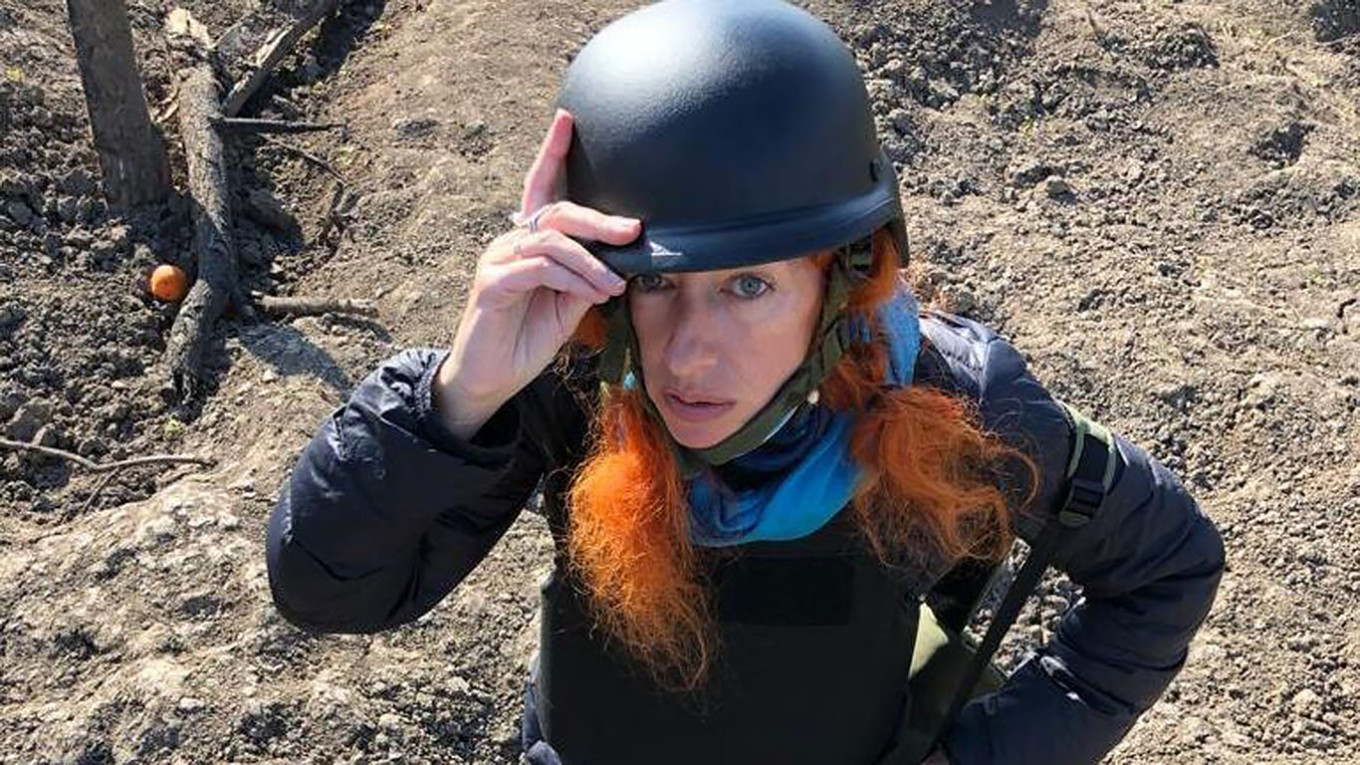
How has the role of human rights defenders in Russia evolved, especially in terms of your own work?
Human Rights Watch’s work on Russia has changed drastically. We were among the first international organizations officially registered in Russia [after the Soviet Union fell], with our office operating for over 30 years before it was shut down by Russian authorities in April 2022. This was a symbolic move by the Russian government — they deregistered 15 different international groups on the same day, including ourselves and Amnesty International.
Ironically, after our forcible closure, I felt a certain degree of relief — new laws on war censorship made it clear that any of us could face criminal charges. While we can no longer work in Russia, we continue to monitor the situation closely, relying on local colleagues and other contacts on the ground, open-source investigations, social media, and analysis of repressive legislation and digital data analysis. Many rights defenders and leading independent media teams had to leave the country — we’ve been all affected in the same way. But while methods have changed, our work continues.
A Message from The Moscow Times:
Dear readers,
We are facing unprecedented challenges. Russia's Prosecutor General's Office has designated The Moscow Times as an "undesirable" organization, criminalizing our work and putting our staff at risk of prosecution. This follows our earlier unjust labeling as a "foreign agent."
These actions are direct attempts to silence independent journalism in Russia. The authorities claim our work "discredits the decisions of the Russian leadership." We see things differently: we strive to provide accurate, unbiased reporting on Russia.
We, the journalists of The Moscow Times, refuse to be silenced. But to continue our work, we need your help.
Your support, no matter how small, makes a world of difference. If you can, please support us monthly starting from just $2. It's quick to set up, and every contribution makes a significant impact.
By supporting The Moscow Times, you're defending open, independent journalism in the face of repression. Thank you for standing with us.
Remind me later.



